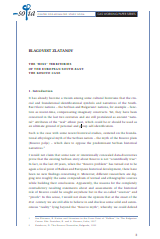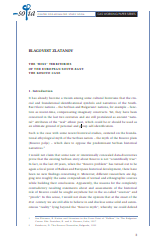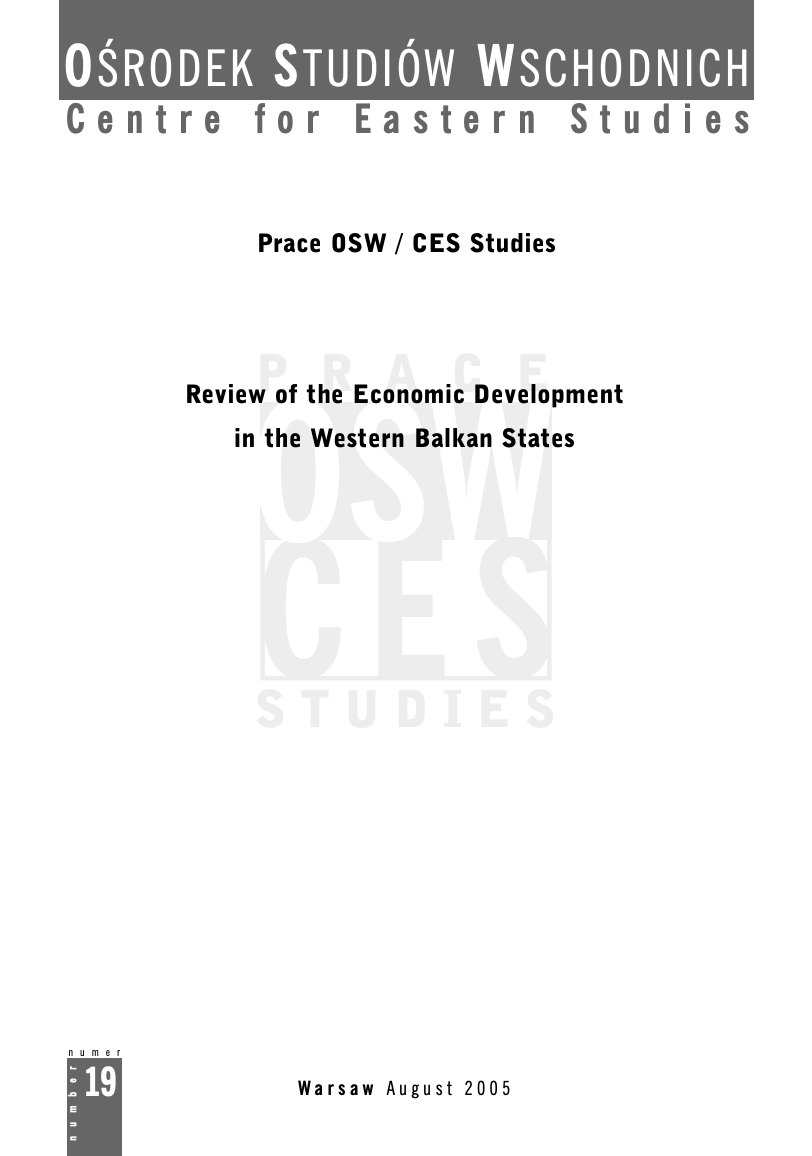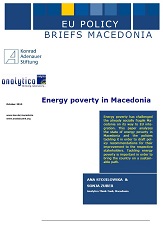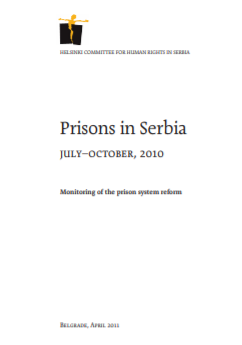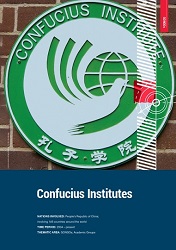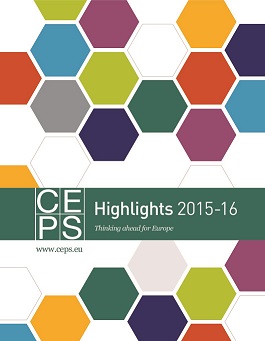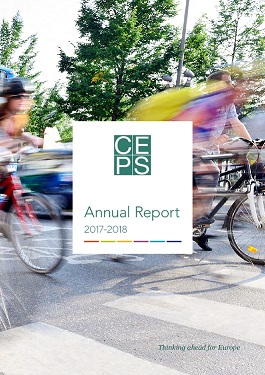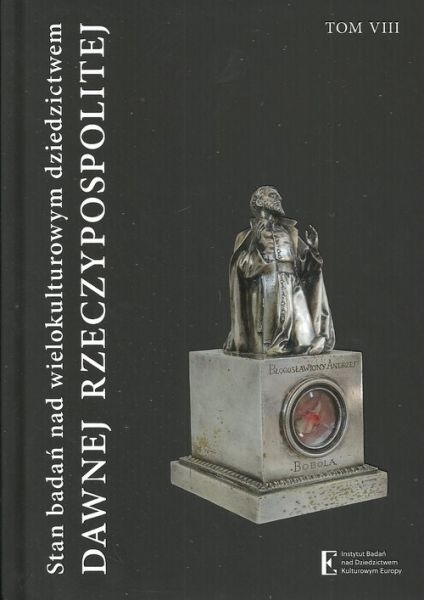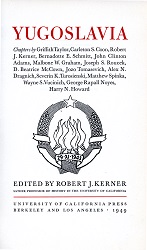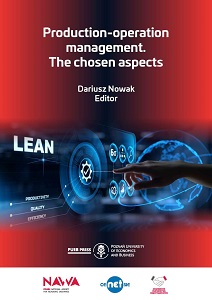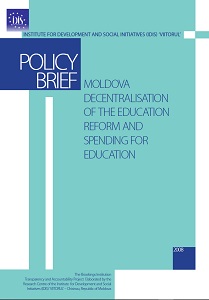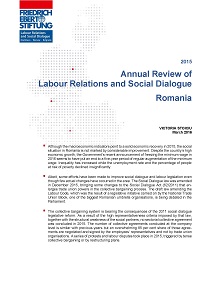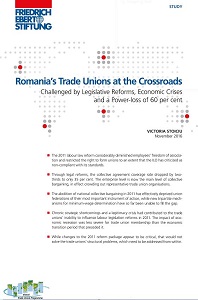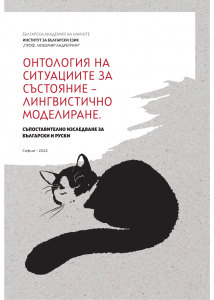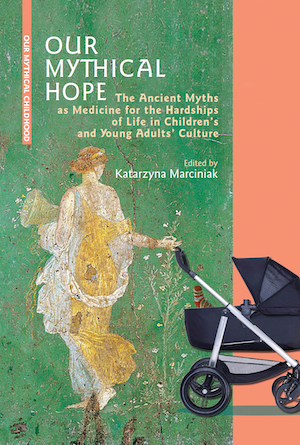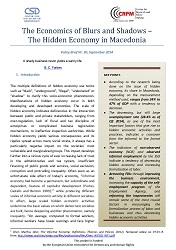
Hidden Economy in Macedonia Policy Brief 1: The Economics of Blurs and Shadows – The Hidden Economy in Macedonia
Hidden Economy in Macedonia Policy Brief 1: The Economics of Blurs and Shadows – The Hidden Economy in Macedonia
he Center for the Study of Democracy, in collaboration with the Center for Research and Policy Making (CRPM) elaborated a series of policy briefs analyzing the hidden economy in Macedonia. The topics encompass the issues of countering undeclared labour, tax evasion and fraud, media reporting on hidden economy and corruption, etc. The current policy brief underlines that undeclared work, being one of the main manifestations of hidden economy, becomes the bull’s-eye for many countries focusing on reshaping their social and economic policies in order to tackle this issue, especially since the onset of the economic crisis that hit Europe and the World in 2008. The most recent economic indicators coming from Europe show that this crisis has not concluded and European economies are yet to deal with its mid and long-term consequences. Macedonia and other Western Balkan countries are not exempt from this process, with job creation and policies targeting unemployment (28.2% as of Q2 2014) being a major concern and a focal point of political activity. Low growth prospects in the EU and sluggish economic conditions forecasted in 2014 are also limiting Macedonia’s growth prospects, which at this point are still positive at around 4% GDP growth annually (4.3% as of Q2 2014). The authors highlight several key points: According to results from the population survey, the proportion of employees with a primary employment receiving ‘envelope’ payments or temporary service contracts in addition to their salary is about one-third of the employed population; Almost 7% of employees work without a contract and are not being paid social security contributions. Combined with the abovementioned fact, this indicates the salary of about 40% of employees with a primary employment is partially or completely undeclared; More than half of employers confirm that signing contracts with ‘hidden clauses’ happens in their sector; Macedonia’s main focus in tackling undeclared work, just as most Eastern European Countries, is on Labor Law violations). Repressive measures and others aimed at improving detection are the dominant policy approach.
More...
